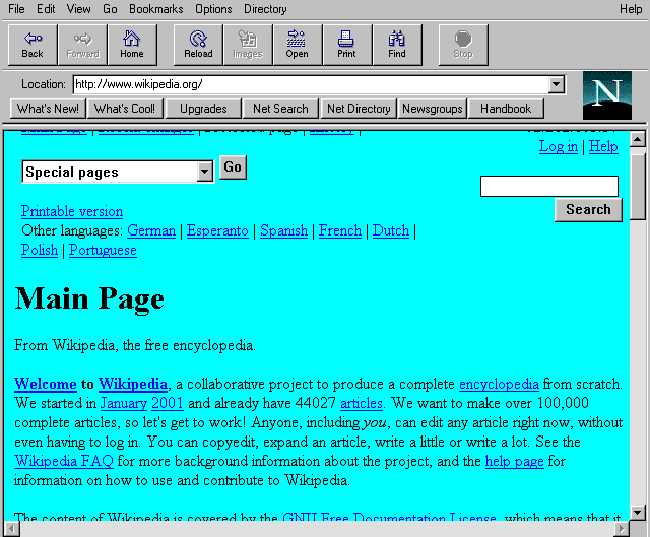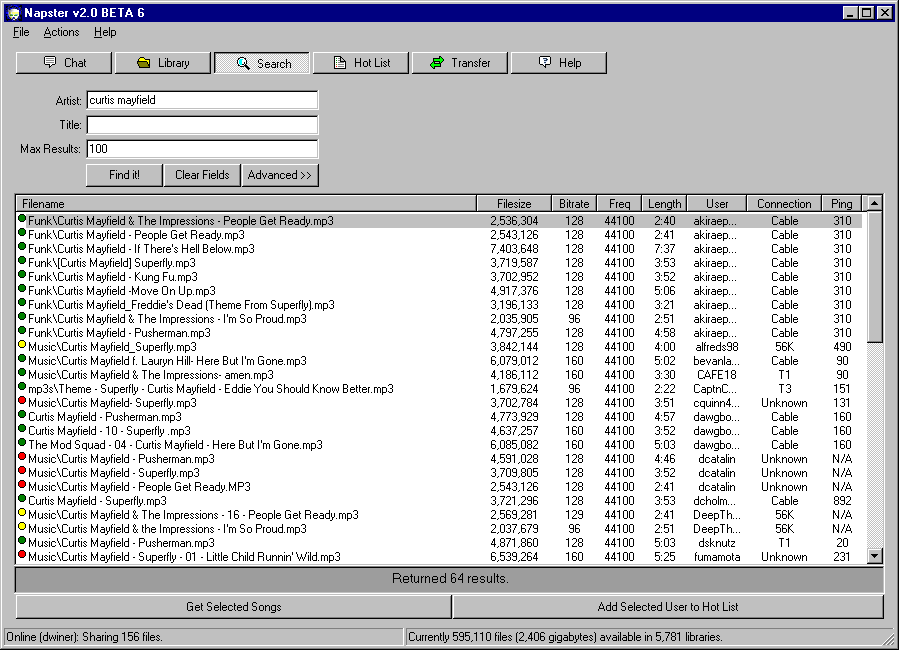Look familiar? Silicon Republic's first home page in 2002
With the world wide web turning 25 today, we take a look back at the sights and sounds of a bygone era online that many of us remember.
Nostalgia is an interesting thing. While it lets us look back at our younger days with a longing for what we thought was a simpler and more enjoyable time, the reality was that if we were transported back in time to that period, we would be grinding our teeth and mumbling at the very things we supposedly long to experience again.
The web is no different. Ear-splitting dial-up, painfully slow connections speeds, not being able to use the phone and surf online at the same time and huge bills were just some of the problems that came from many people’s early experiences of using the web.
So here are some of the most popular pages of today, and some not so popular, that are instantly recognisable to those early pioneers.
Dial-up
The 56K dial-up sound, despite being made obsolete with the arrival of ISDN lines and broadband in the early 2000s, is still an instantly recognisable sound to many. The sound was the bane of most people’s existence, especially the younger generations looking to sneak on at night time to chat to people on messenger services like Yahoo! Chat (asl?) or look at the latest animations on sites like Newgrounds.
But have you ever wondered why that distinctive sound is made? Well, there’s a perfectly scientific answer to that but right now we’re going to go with this reason as highlighted by the cartoon Monkey Dust.
The granddaddy of them all. Coming in just as the dot-com bubble was beginning to expand outwards, Google was born out of a research project by Larry Page and Sergey Brin to create a search engine that used the PageRank algorithm that has made it one of the top companies in the world.
Back then, however, it was a simple page with only 25m page searches, and now makes up 40pc of the entire world wide web.

Netscape
With the amount of waiting around people had browsing the web in pre-broadband days, the little spinning globe of the Netscape Navigator browser was a familiar sight to many.
Launched in 1994, the browser was the most used browser worldwide through the 1990s and had made its founder Jim Clark a very rich man. However, by 2002, the browser was effectively dead as Microsoft’s own Internet Explorer had become the established and best browser (how times have changed).

Napster
The site that singlehandedly contributed to more anger from the music industry than any other in the early 2000s, Napster, created by the now infamous Sean Parker, was launched as a simple peer-to-peer software he developed in college to send files to his friends on his college campus.
In the space of a year the service gained millions of users who could now get access to millions of songs over the MP3 music format. Arguably the huge collection of songs downloaded by people across the world contributed to the growing demand for MP3 players that cropped up less than 10 years later with the Apple iPod.

WAP
Standing for Wireless Application Protocol, the pre-cursor to internet on the smartphone started appearing on Nokia handsets in higher numbers in the early 2000s and was, in Ireland at least, a wholly inefficient and expensive way of checking a small number of WAP-specific services, such as the news and weather.

Gateway
While not necessarily directly related to the web, it would be hard not to give an honourable mention to one of Ireland’s early tech industries.
When it came to computers in the 1990s, Ireland was very much in the mindset of ‘buy Irish’ with a desktop PC manufacturer with a fondness for cows. Gateway made Ireland its European manufacturing hub for Europe and at one point nearly every computer user in the country owned one of its PCs.
Sadly, the company couldn’t keep up with the bigger developers and closed down in 2001 but its offices seemed like the happiest ’90s place on Earth.